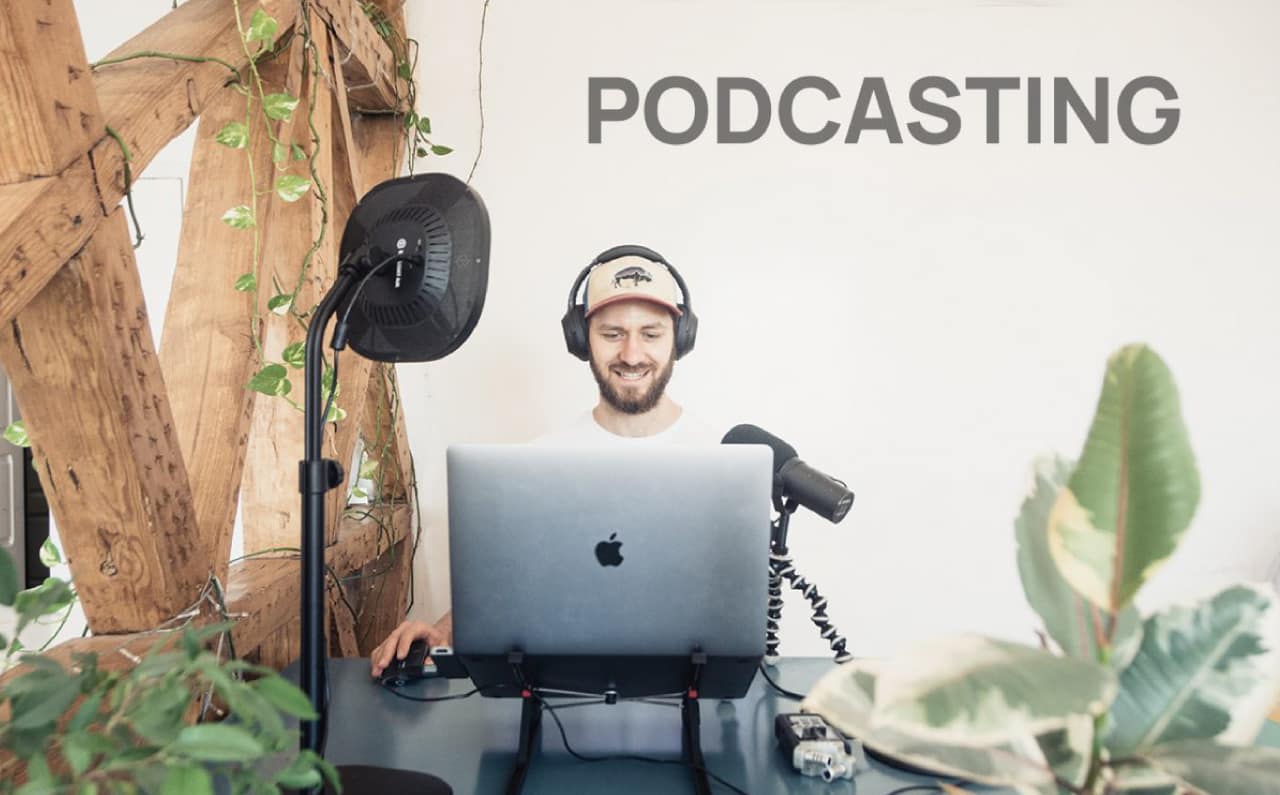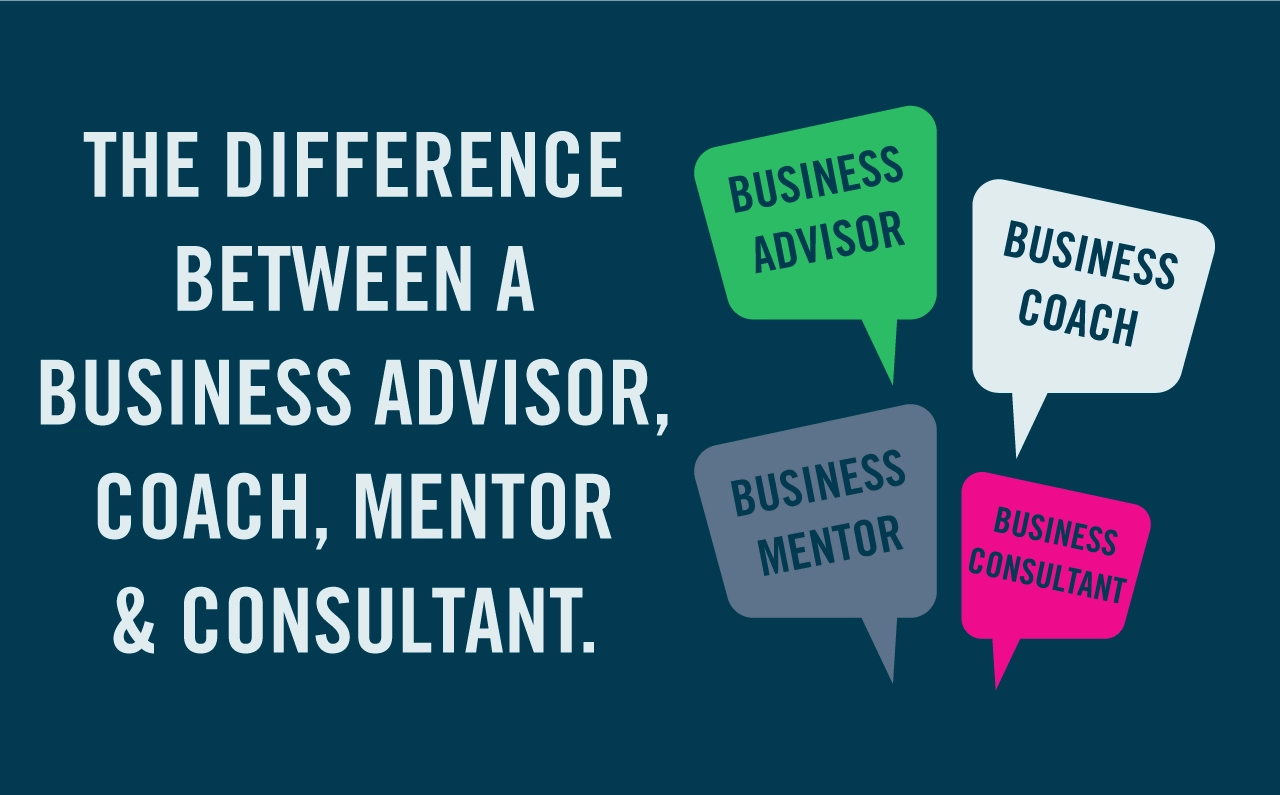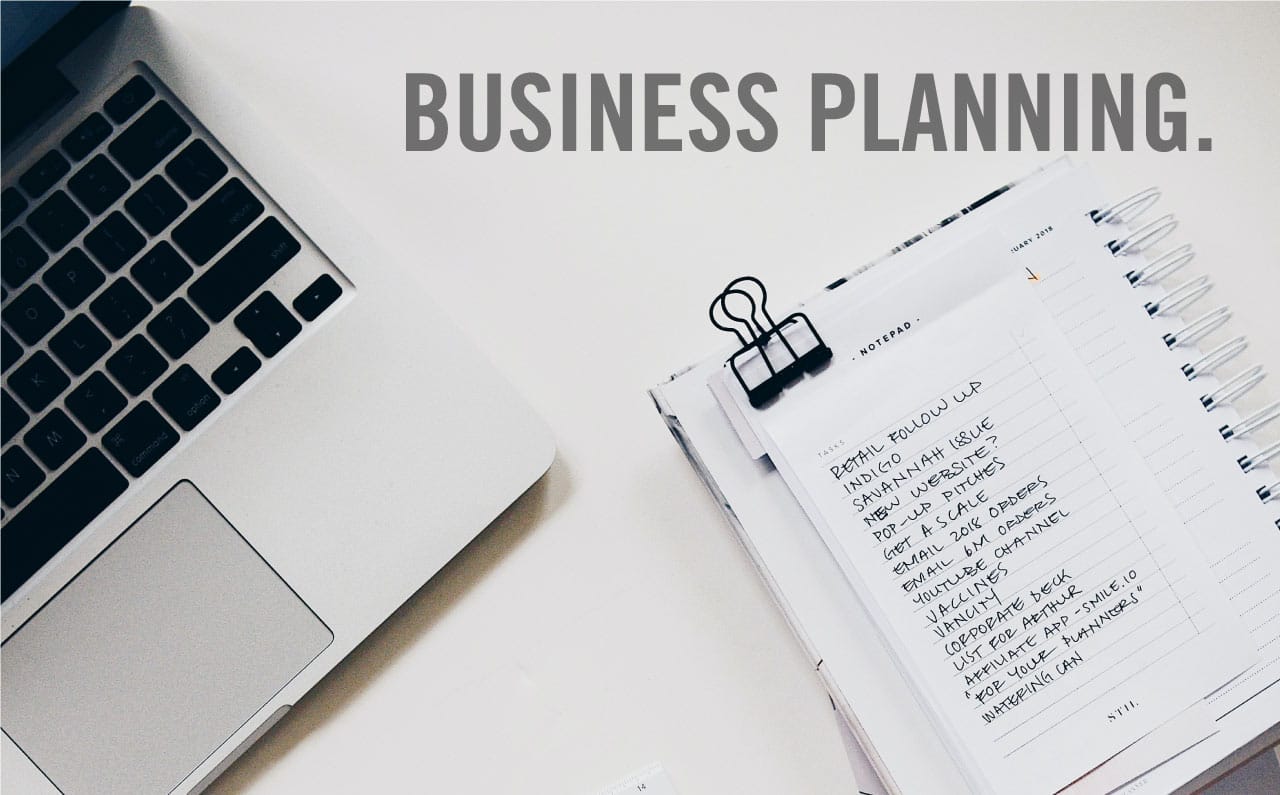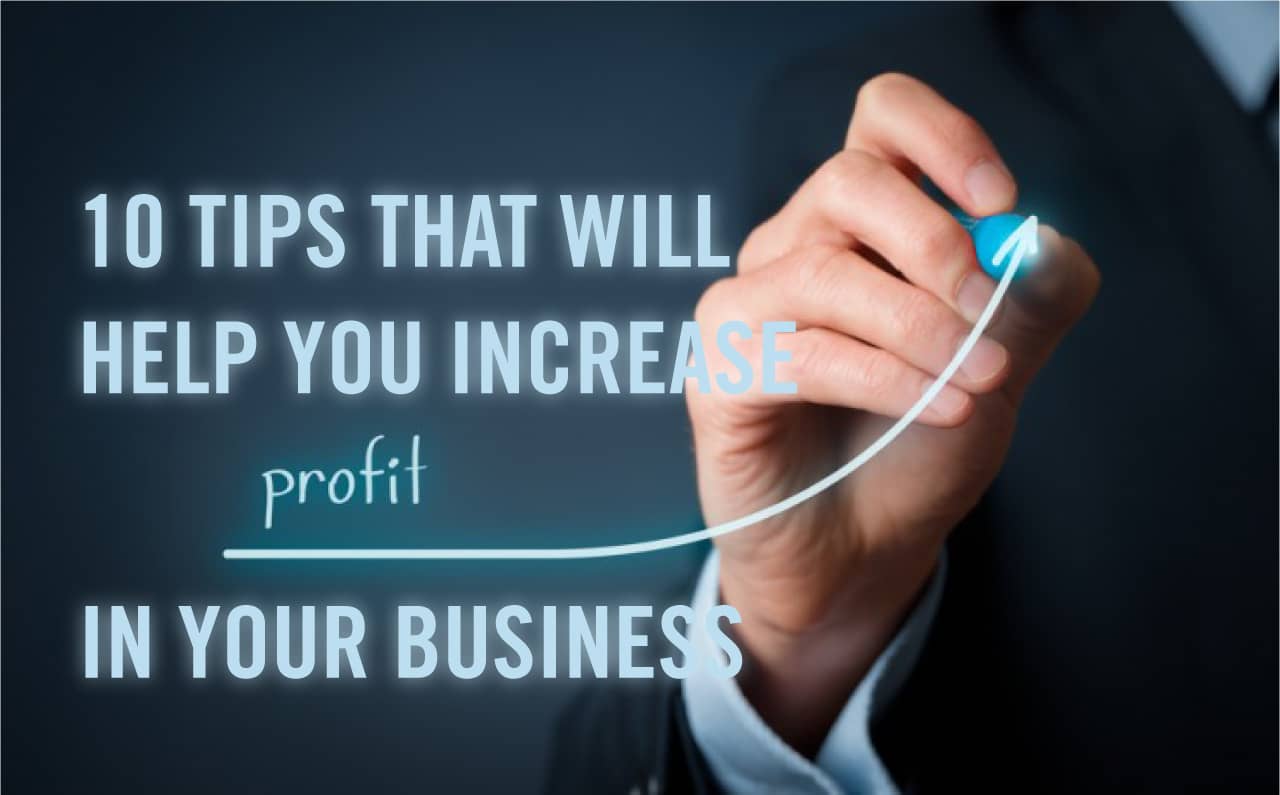Reading Time: 3 minutes
Podcasting is audio recordings, programs, or spoken word broadcasts delivered through podcast networks or channels, such as Spotify or Apple podcasts. Podcasts can be delivered individually, or as a series, such as how-to dos, or as training.
The aim of a podcast is to provide the audience with useful and actionable information in an engaging and conversational format.
Podcasting is a form of marketing and is gaining more and more traction. It is not just large companies that are doing it, but everyone from a hobbyist through to small single-person entrepreneurs trying to gain traction. Audio content is being used to build trust, connect with audiences on a personal level, and boost brand awareness and followers/subscribers.
The reason Podcasting is so good is that you can continue with your daily routine, working, driving, exercising and so on, while listening to your selected podcast.
SOME QUICK STATS ABOUT PODCASTING
In 2019, Radio New Zealand did a survey on podcasts and found that 31% of their listeners consumed podcasts. According to Roy Morgan, the number who listened to podcasts was 320,000 in 2019.
Roll-on to 2020 and NZ On Air found that 12% (quick math – approx. 600,000) of all New Zealanders are listening to podcasts during the day, with 1 hour 21 minutes listened to.
According to TechCrunch, there was a 27% increase in podcast production in 2020, which equates to 29 million podcast episodes!
So, whether you are focusing on the New Zealand market, or the world, the stats suggest there are plenty of listeners out there, just waiting for content.
REASONS TO START A PODCASTING
1) Easy to produce – All you need to do is to speak about a topic and to record it.
2) Low Cost – You can download podcasting apps free to help you record your first episode. Of course, the quality level will vary if you are only using your laptop or phone to record your episode. However, we have experts that can give you advice on what mics to purchase and to also help clean up your recordings, depending on what level of professional finish you are wanting.
3) Reuse existing content – Use some of your existing blog or video content and create podcasts. Some of your audiences do not want to watch or read, but rather listen instead.
4) Competition is less than other formats – There are so many blog posts daily that people just do not have the time to read or watch a video and want to listen while they are doing other things.
5) Connect with influential others by interviewing – Use podcasting as an opportunity to connect with new people who may not have given you the opportunity to do so in other ways.
6) You can make money – If your show is specific/niche market or if you create a massive following you can monetise your podcasts.
7) Promote yourself as a speaker – if you want to make a career as a speaker, podcasting can be used as a stepping stone to becoming a paid speaker.
8) Get backlinks to your website – Once you start your podcast you may be invited to speak on other podcasts. This gives you the ability to obtain a link to your website which will help with your website’s domain authority.
HOW TO START PODCASTING
Like everything in business, more specifically marketing, a podcast is an investment in time and effort to create content and something good that your audience wants or needs. (solving a problem, right)
First and foremost, speak to an expert in the field, ask them what you need to do a good job, audio-wise, so that you are creating something which has a good level sound and will be heard as a professional podcast and not something that has just been slapped together.
This does not mean that you are using someone to record it with you, but rather getting the right advice on Microphones and how to do it, right off the bat.
1) Understand your purpose, what is your podcast about?
2) Who is your audience, what do they want to hear?
3) Are you doing solo recordings, interviews, multi-hosted etc?
4) How will you promote it to reach your target audience?
5) Do you have all the tools to record a podcast?
6) Do you have the right recording software, either paid or free?
7) Editing, do you have the time and skills to edit your podcast?
8) Publishing your podcast on platforms like Buzzsprout, Spotify, Apple & Blubrry
Once you have created your podcast, you will need a website and content to draw people to. Create social media accounts and post links to your podcast there to help attract listeners. Make sure that you track your podcasts metrics so you can improve every time.
If in doubt, speak to a professional, seek out tutorials, and most importantly, just start!
If you would like to speak to a professional about podcasting, my first point of call would be Kane Power from Precision podcasting.
You can find more useful articles here.






